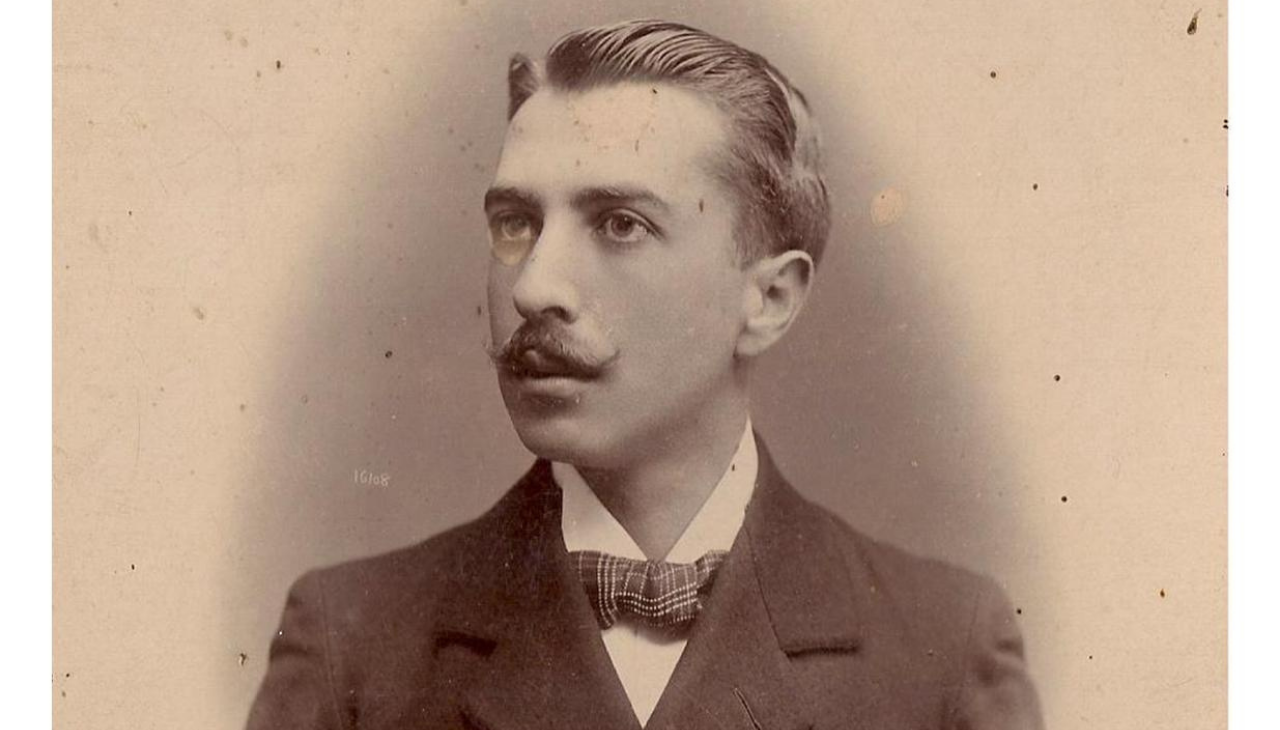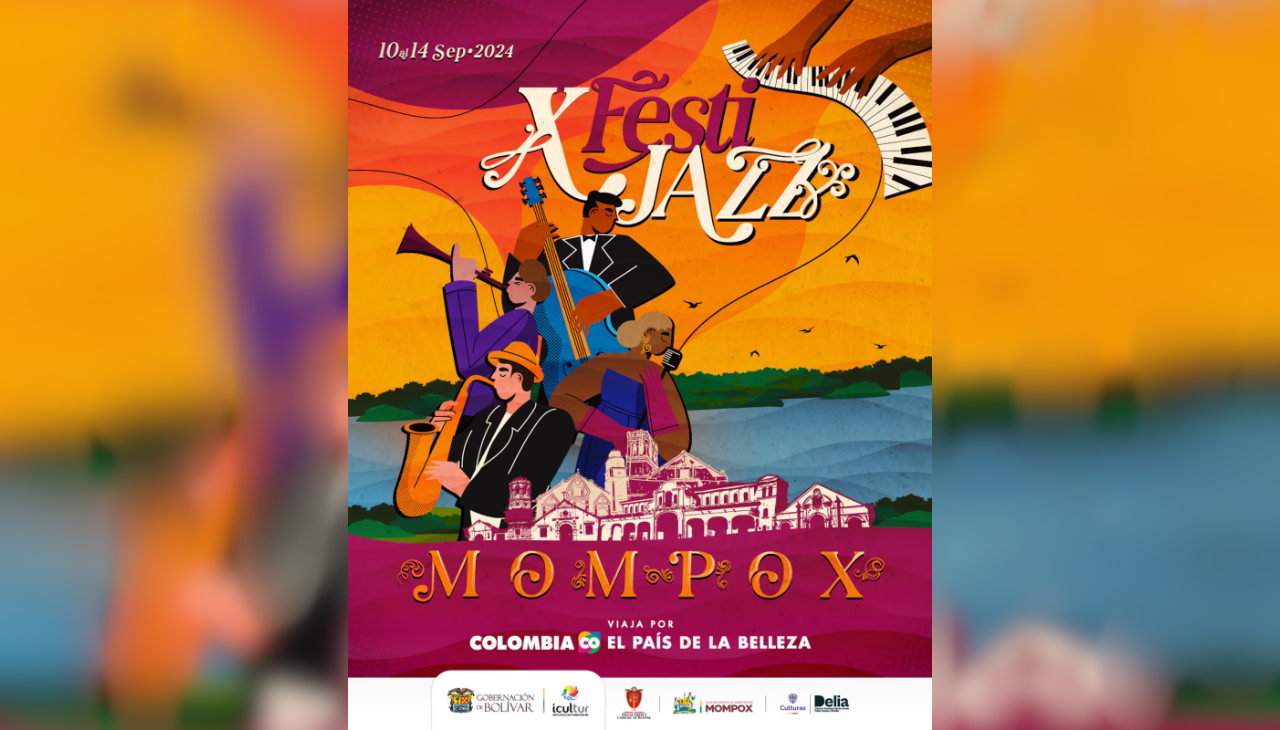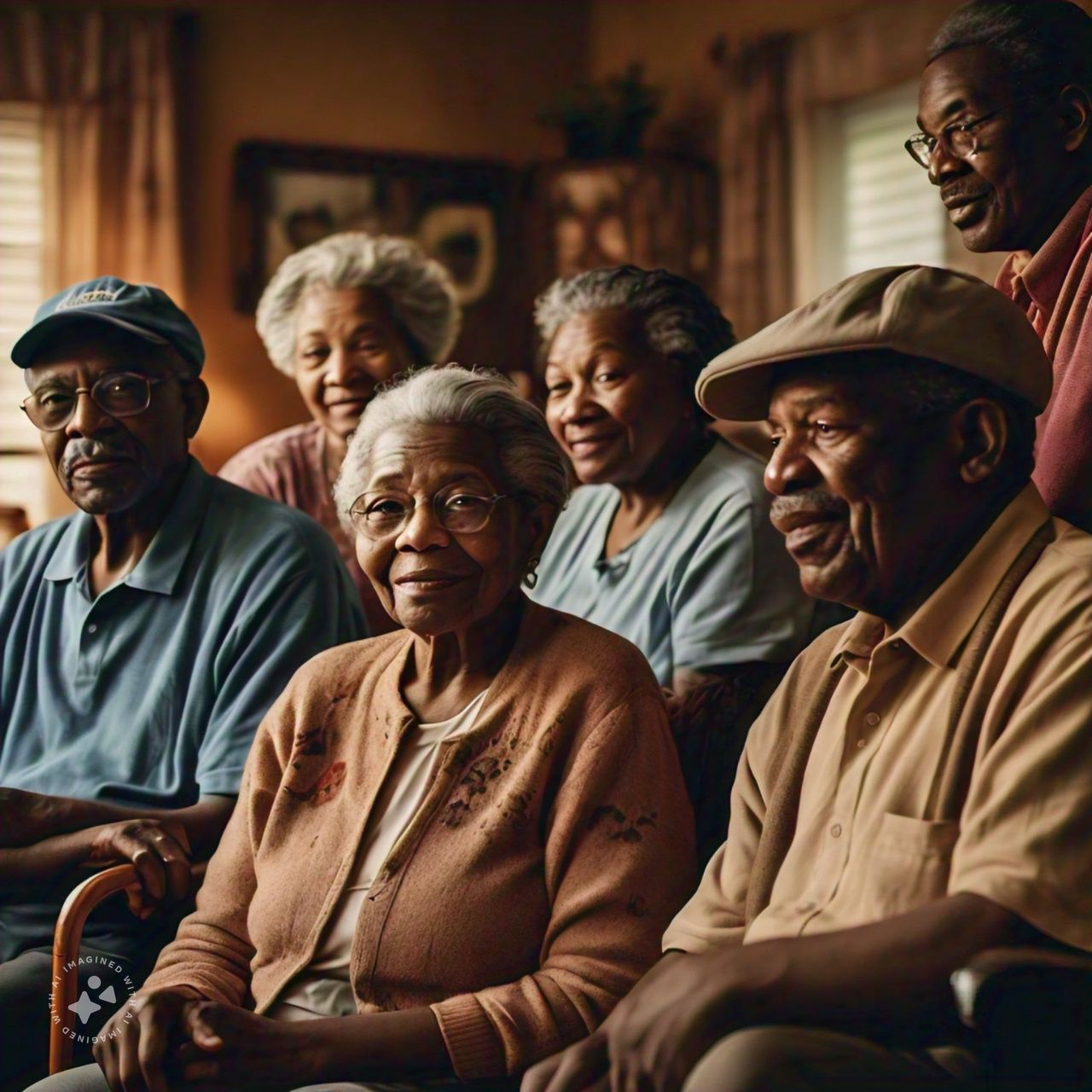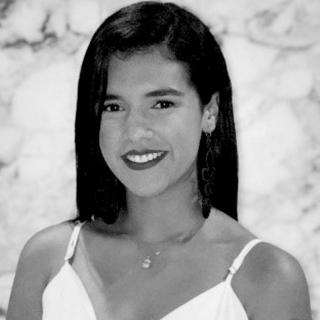
Rafael Nuñez, the man who was president of Colombia four times
He is one of the most iconic figures in the history of Cartagena and Colombia.
Rafael Nuñez is one of the most important characters in the history of Cartagena. So much so that the city's international airport is named after him, as well as a private universities and a neighborhood.
Núñez was born in Cartagena on Sept. 28, 1825, in the bosom of a wealthy family of the city, as the eldest of three children.
At 15, he was accepted by General Francisco Carmona among the rebel troops to fight in the war of the Supremes. At 18, he traveled with his father to Tumaco, where he remained working for months. He studied at the University of Cartagena, where he graduated with a bachelor's degree in 1843 and started in journalism, founding the newspaper La Democracia.
During his political career, he held minor positions until he became Governor of the Department of Bolivar in 1854. In 1858, he was in charge of the governorship of the Sovereign State of Panama for two months and then was Minister of Finance under the presidencies of Manuel María Mallarino, Tomás Cipriano de Mosquera and Julián Trujillo Largacha.
Núñez was president of the Republic in four different periods: 1880-1882, 1884-1886, 1886-1888 and 1892-1894, with his second presidential term being the most outstanding. In the face of a civil war unleashed by radicalism, Núñez declared his famous phrase: "The Constitution of 1863 has ceased to exist," and sought to create the constitution of 1886 that eliminated federalism, creating the Republic of Colombia. The document named God as "supreme source of all authority" and restricted the vote to a system of "electors," one per 1,000 inhabitants.
RELATED CONTENT
During his last term, he symbolically took office in Cartagena on Sept. 21, 1892, but decided to stay away from power, leaving his Vice President Miguel Antonio Caro in charge.
Núñez died on Sept. 18, 1894, as the victim of a stroke at his home in El Cabrero in Cartagena. Upon hearing the news, tributes were paid to him throughout the country.
In addition to being a poet, journalist, writer and politician, Núñez was also the author of the lyrics of Colombia's national anthem, officially adopted in October 1920.
Currently, the house where Núñez lived with his second wife, Soledad Román, and where the Constitution of 1886 was signed, is now a museum open to the public. The house maintains its Caribbean-style wood construction and exhibits furniture and objects that belonged to Núñez. In front of the house is a statue built in his honor.











LEAVE A COMMENT:
Join the discussion! Leave a comment.